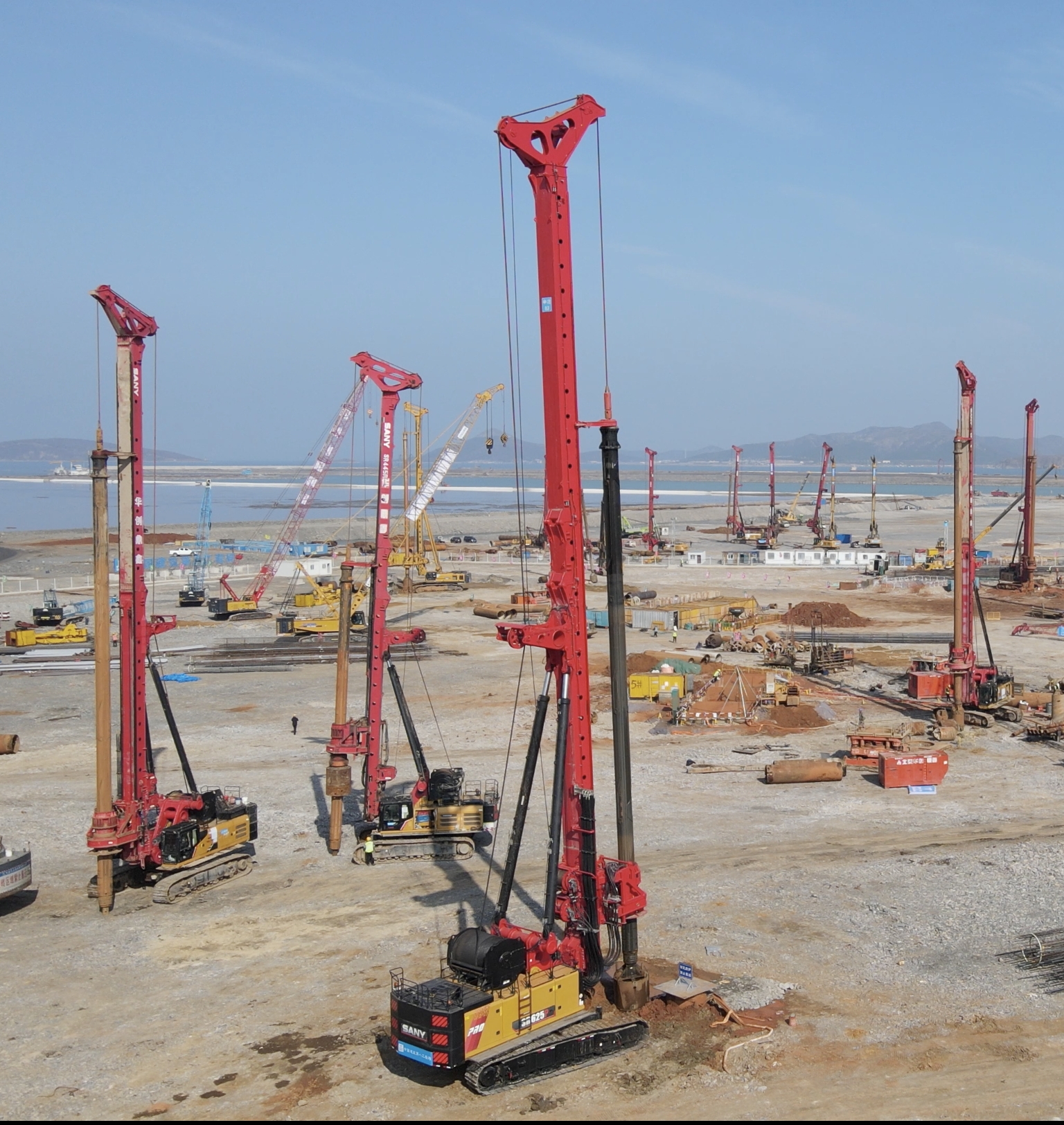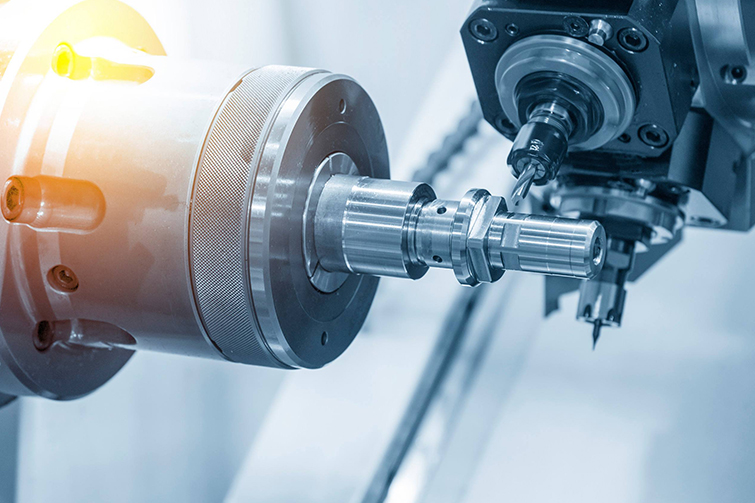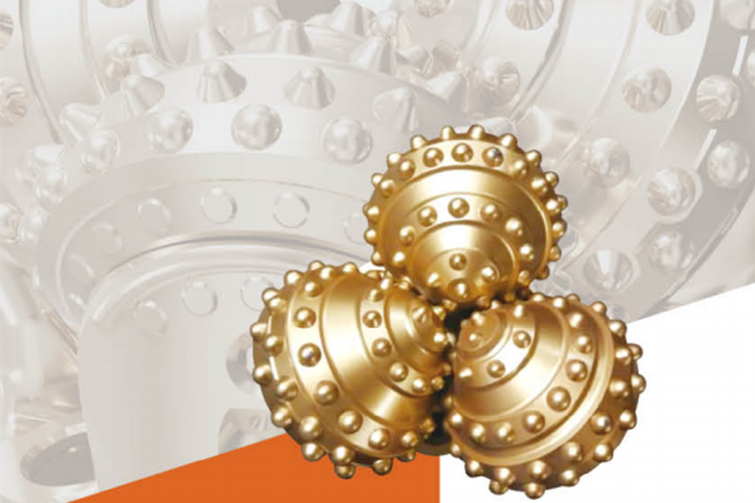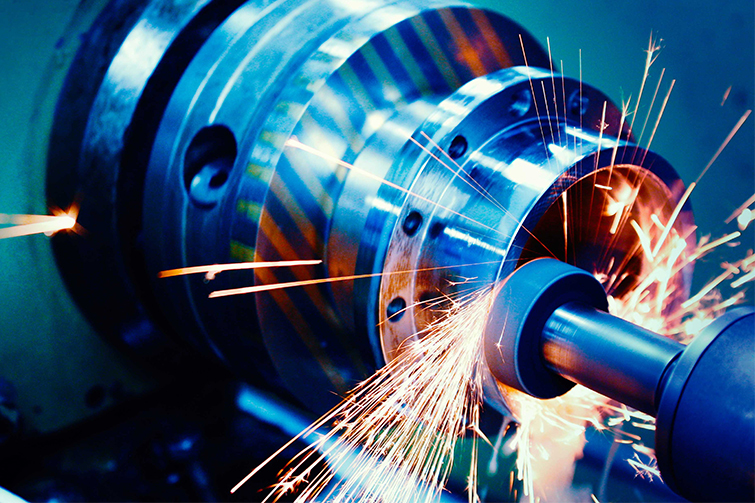

The Evolution and Application of Rock Drill Bits in Modern Engineering

Introduction to Rock Drill Bits
Rock drill bits are specialized tools designed to bore through rock and other hard materials. Their development has been instrumental in advancing mining, construction, and geological exploration. The right drill bit can significantly impact the efficiency and cost-effectiveness of a project.
Types of Rock Drill Bits
There are several types of rock drill bits, each suited for different materials and drilling methods. Tricone bits, for example, are ideal for soft to medium-hard rock, while PDC (Polycrystalline Diamond Compact) bits excel in harder formations. Understanding the differences is crucial for optimal performance.
Applications in Modern Engineering
From tunneling to oil and gas exploration, rock drill bits play a vital role. Their applications extend to water well drilling and geothermal energy projects, showcasing their versatility across industries.
Selecting the Right Drill Bit
Choosing the correct drill bit involves considering the rock type, drilling method, and project requirements. Factors such as bit material, design, and durability must be evaluated to ensure project success.
Maintenance and Care
Proper maintenance extends the life of rock drill bits. Regular inspection, cleaning, and timely replacement of worn parts are essential practices to maintain efficiency and safety.
Common Questions
What is the lifespan of a rock drill bit?The lifespan varies based on usage, material, and maintenance. Typically, a well-maintained bit can last for hundreds of drilling hours.
How do I choose between a tricone and a PDC bit?The choice depends on the rock hardness and drilling conditions. Tricone bits are better for softer rocks, while PDC bits are suited for harder formations.
Can rock drill bits be sharpened?Yes, some types can be sharpened to extend their usability, but it's important to follow manufacturer guidelines to avoid compromising the bit's integrity.








